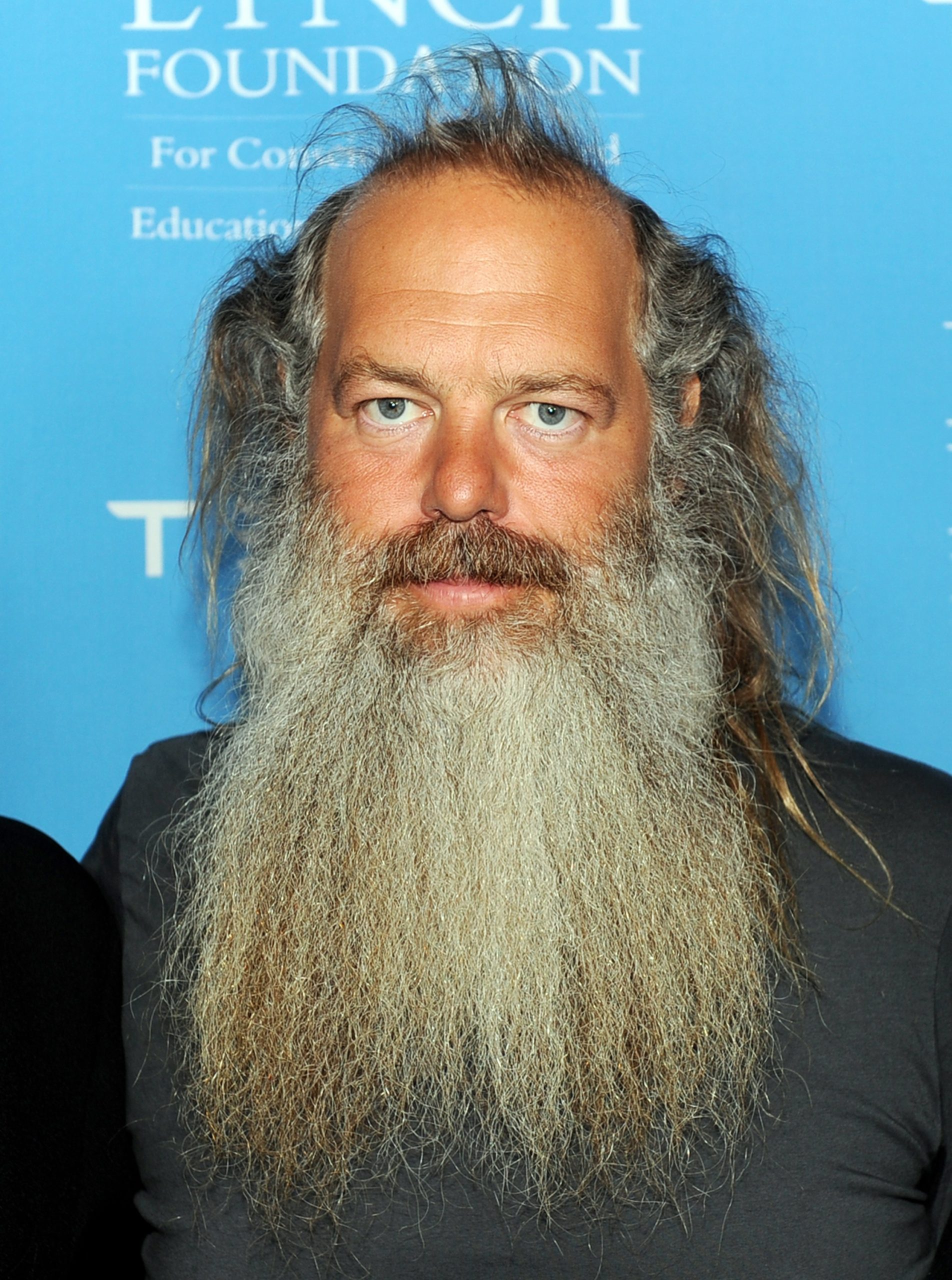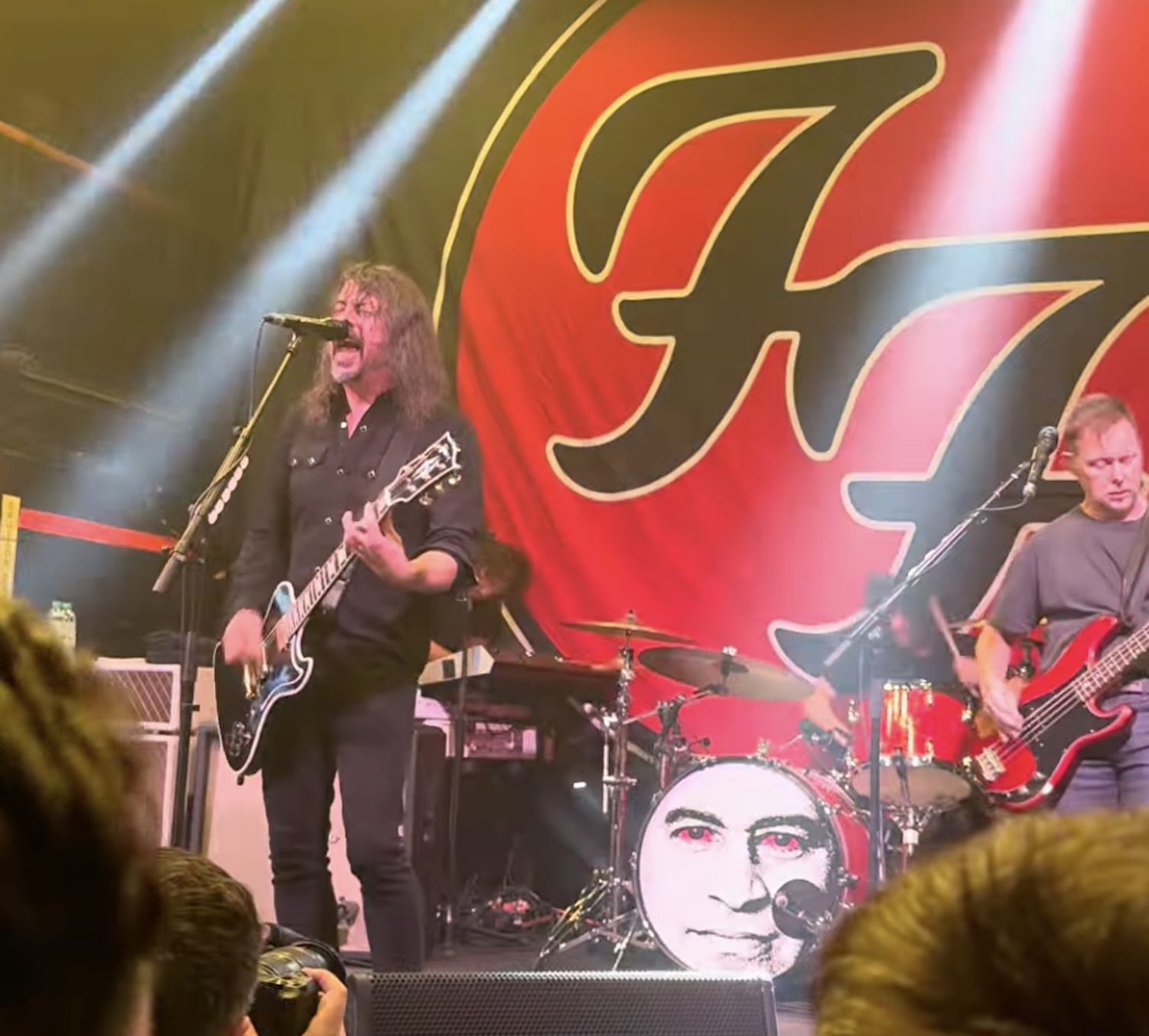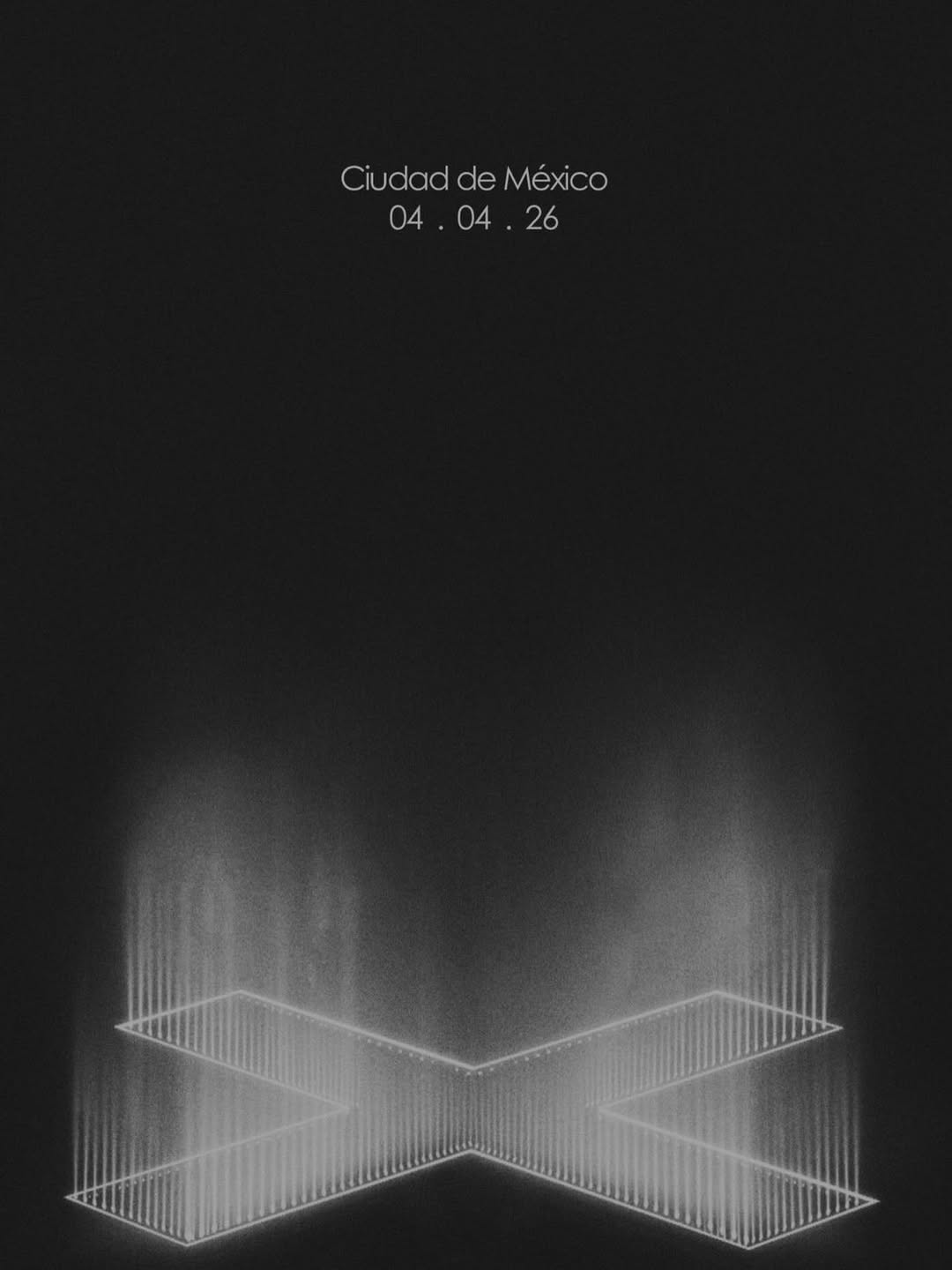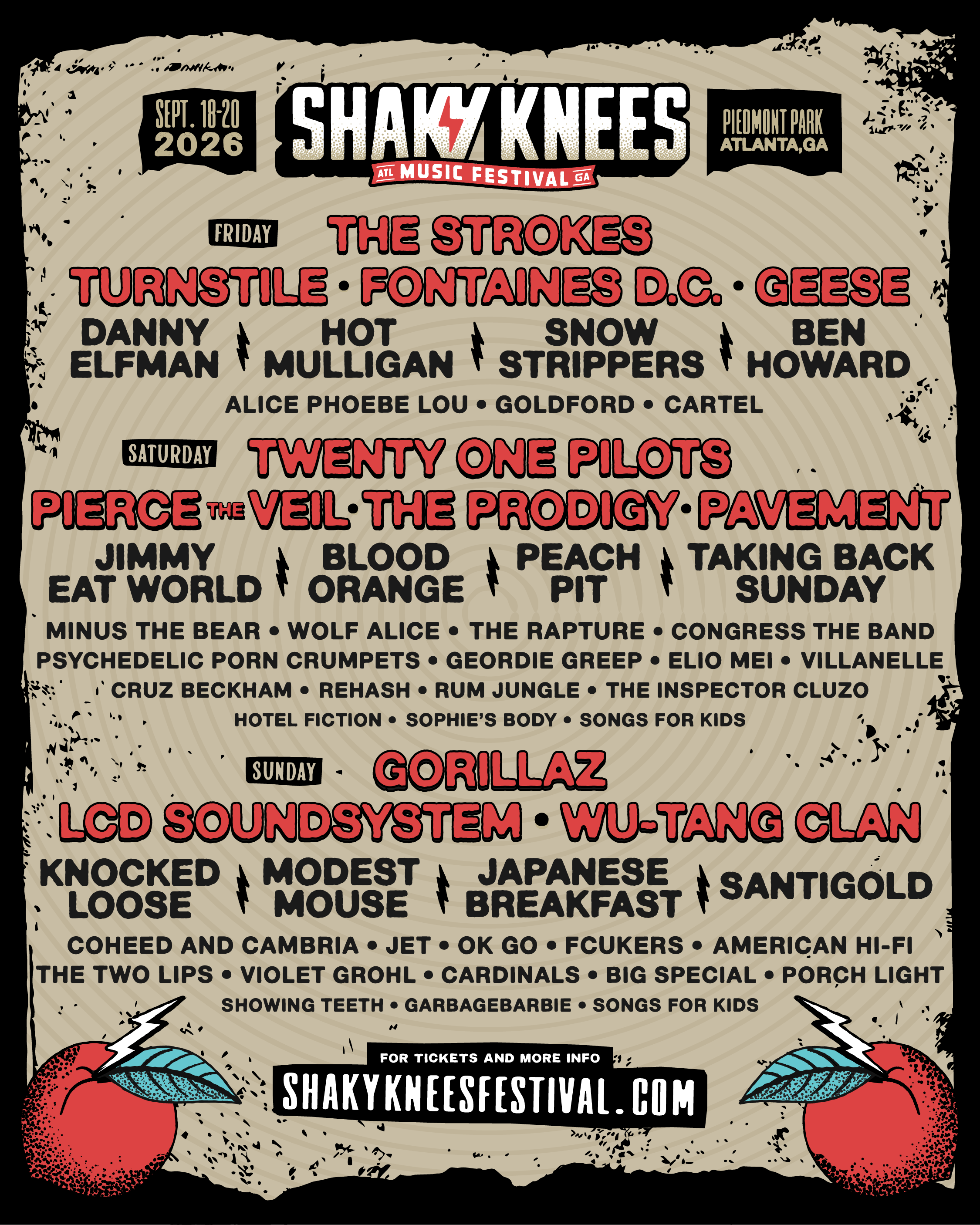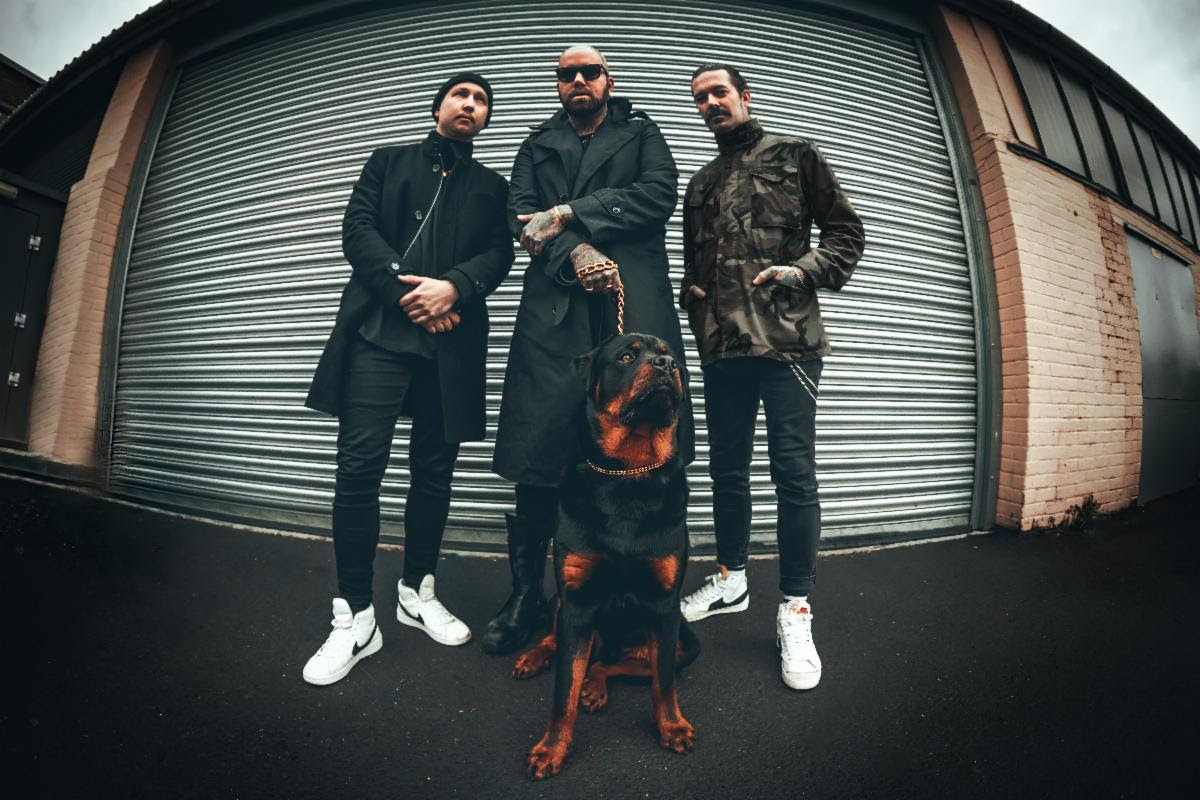One of the redeeming qualities of community-annotated lyric site Genius is that they sometimes recruit cool artists and behind-the-scenes players to talk about songs that they worked on or that they really love. Case in point: Super producer Rick Rubin recently made a profile on the site and set about adding some background information to over 50 songs, including tracks he worked on (with Kanye West, the Beastie Boys, Johnny Cash, Slayer, LL Cool J, and Jay Z) and some he didn't (from Vampire Weekend, Beck, D'Angelo, Ghostface Killah, James Blake, Simon & Garfunkel, and Hozier). Some choice bits:
On Kanye's new single "Only One":
I was in St. Barths two days before the single came out. Kanye said, "I'm thinking about putting out ‘Only One' tomorrow at midnight." I said, "Should we mix it?" He was like, "It hasn't really changed -- it's pretty much what it was." I hadn't heard it in almost two months, so I asked him to send it to me, and he did. And I said, "I think this can sound better than it does." We never really finished it finished it.
So we called all the engineers -- and I'm trying to get all this to happen all remotely -- and we got maybe three different engineers. This is the day before New Year's Eve, and we're all finding studio time, getting the files. Then they all start sending me mixes. I thought one was better than the others, and Kanye agreed. One guy mastered it, because it was due, and they turned it in. I had another guy master it, and it was better, but it was already too late. I think it switched the following morning. It was in real time! Like as soon as it was better, we had to switch it.
That's how it works in Kanye world. It used to really give me anxiety, but now I just know that's what it is. That's how he likes to work.
[...]
Kanye is a combination of careful and spontaneous. He'll find a theme he likes quickly, and then live with that for a while, not necessarily filling in all the words until later. At the end, he'll fill in all the gaps.
He was upset at one point when I said that he wrote the lyrics quickly. He's right -- they percolate for a long time, he gets the phrasing into his brain, lives with it, and then lines come up. It definitely starts from this very spontaneous thing.
On Only One, a lot of those lyrics came out free-form, ad-libs. The song is essentially live, written in the moment. Some of the words were later improved, but most of it was stream of consciousness, just Kanye being in the moment.
He also pretty thoroughly annotated all of the Yeezus tracks, adding this revelation: "Kanye told me Yeezus was the first album where he was happy with the way it came out."
On Beastie Boys' "Rock Hard":
I cleared the use of "Back In Black" with AC/DC and they loved it.
But this was in the days where no one knew what sampling was. I remember playing it for Malcolm Young on headphones backstage at an AC/DC concert, and he was like, "Who played guitar on that?" And I was like, "I did."
I mean it's a combination -- there's samples involved too, but I'm definitely playing. And I programmed the drums.
You couldn't do it today.
On Johnny Cash's "Let The Train Blow The Whistle":
Something that I learned through the process is that when artists have done it for a long time, a certain pattern takes over their lives. They're on the road, and then there's a window where they can make a record. It's just a function of the schedule. The album is what happens between those two weeks of touring: that's your record. Not a lot of care goes into it.
My job is often just breaking that pattern. We're going to take as long as it takes, like it's the most important thing in the world, and make the best record of your life. When I said that to Johnny, he looked at me like I was insane. It was just such a foreign concept that he could do something great.
People didn't care about Cash for a minute. People hadn't cared for long enough that he was dealing with that reality. It's like that with so many grown-up artists. They feel this fear of competing with themselves. The thing that he needed to know was that all he needed to do was make great music that reflected who he was at that moment. He didn't need to compete with himself.
I think he was still in a mindset of like, "My chances aren't good for having a number one single, so why would I write songs if I can't have a number one single?" It was just changing the philosophy — none of that matters.
On Jay Z's "99 Problems":
Jay came into my studio every day for like a week, I kept trying things that I thought would sound like a Jay record, and after like three or four days he said, "I want to do something more like one of your old records, Beastie Boys-style." Originally that's not what I was thinking for him, but he requested that vibe, and we just started working on some tracks.
Musically, there were a couple of different ideas that [engineer] Jason [Lader] and I were working on independently that we played back together, and the way the beats overlapped was really interesting. It wasn't planned out, it was more experimenting. There was a part where it really sounded crazy and the beats were fighting each other. Jason was operating the Pro-Tools, and I'm saying "Move to the left, move to the right, try this beat, add this, do this," and then he makes it do it. There's nothing live on the track. It's a combination of three samples -- "The Big Beat" by Billy Squier, "Long Red" by Mountain, and "Get Me Back On Time" by Wilson Pickett -- and two programmed beats coming in and out.
On Vampire Weekend's "Obvious Bicycle":
An album gets me really excited is Modern Vampires of The City. I love it. I love it. What I like about it is that it sounds completely modern and it sounds completely traditional. It could be a Paul Simon record, but it sounds really modern. And no one else who’s doing modern has that much tradition in it. And that combination really speaks to me.
On Hozier's "Take Me To Church":
It's a classic, great song. Just the way it makes me feel. It's a guitar-based song that is acceptable in today's world. That's interesting. I love the dynamics in it. The lyrics are dark, but spiritual.
It's one of the songs where if Johnny was alive, we might try that one. It's a weighty song.
And there's a lot more where that came from. Check out Rubin's full profile with all of the annotations he made here.
